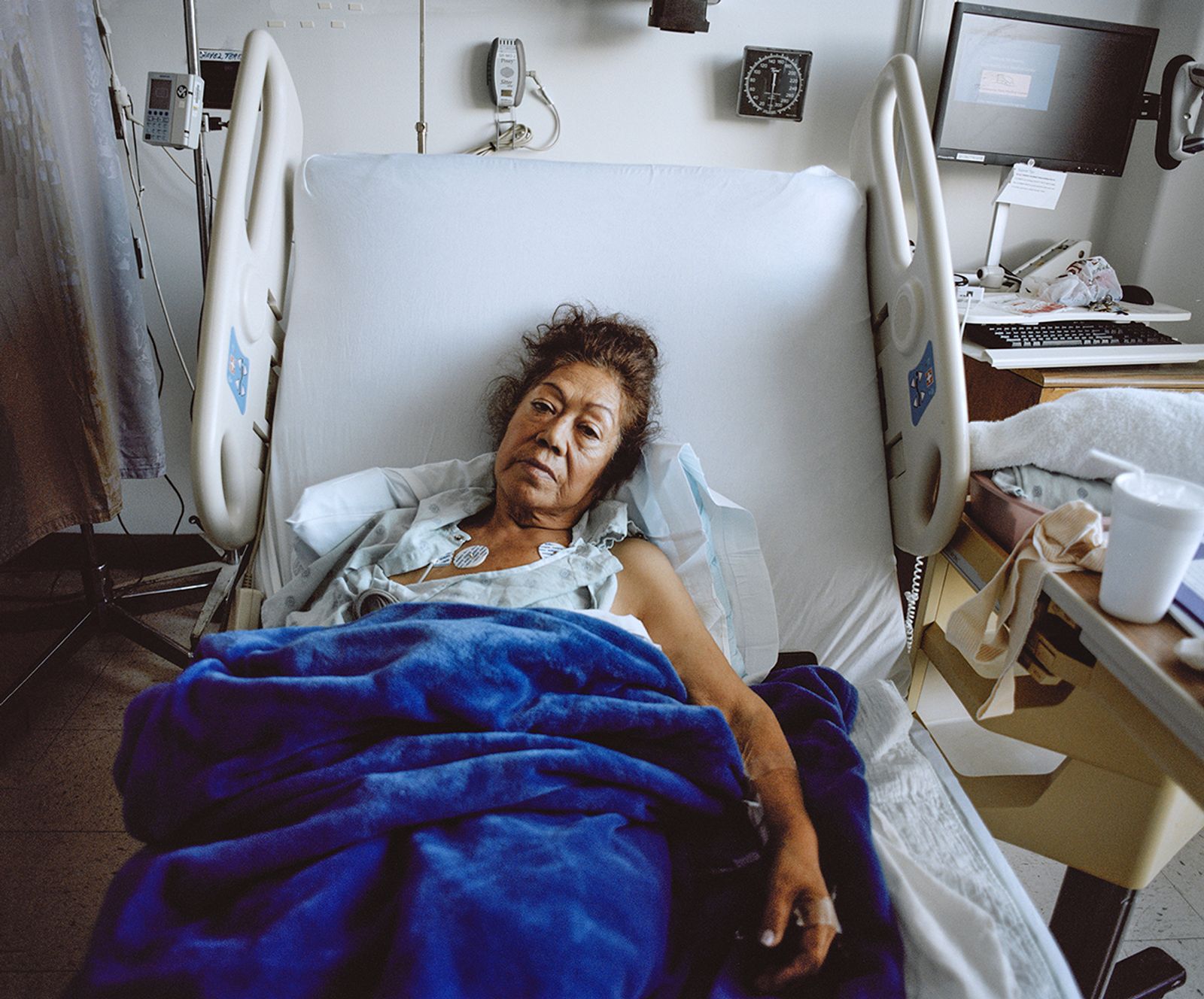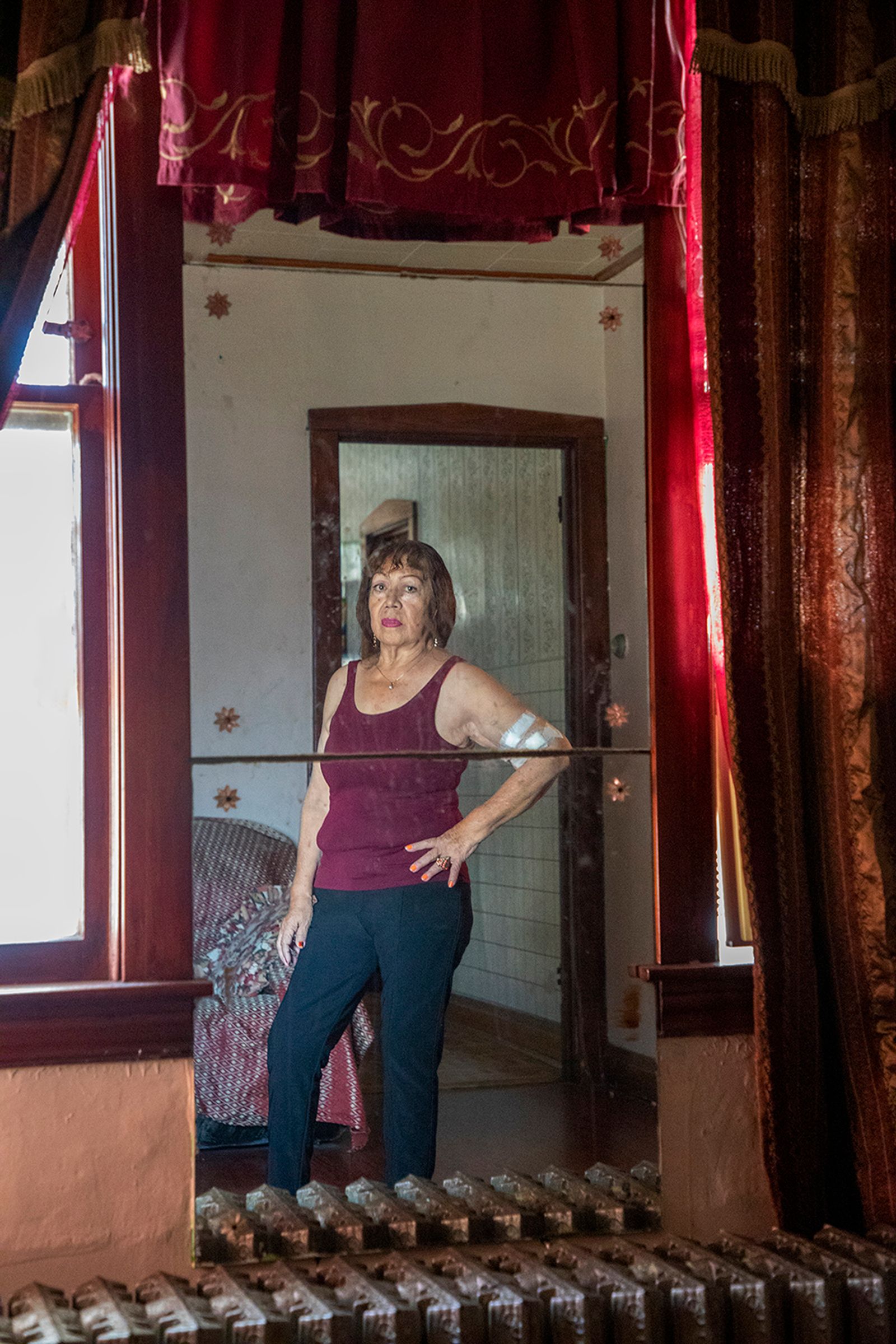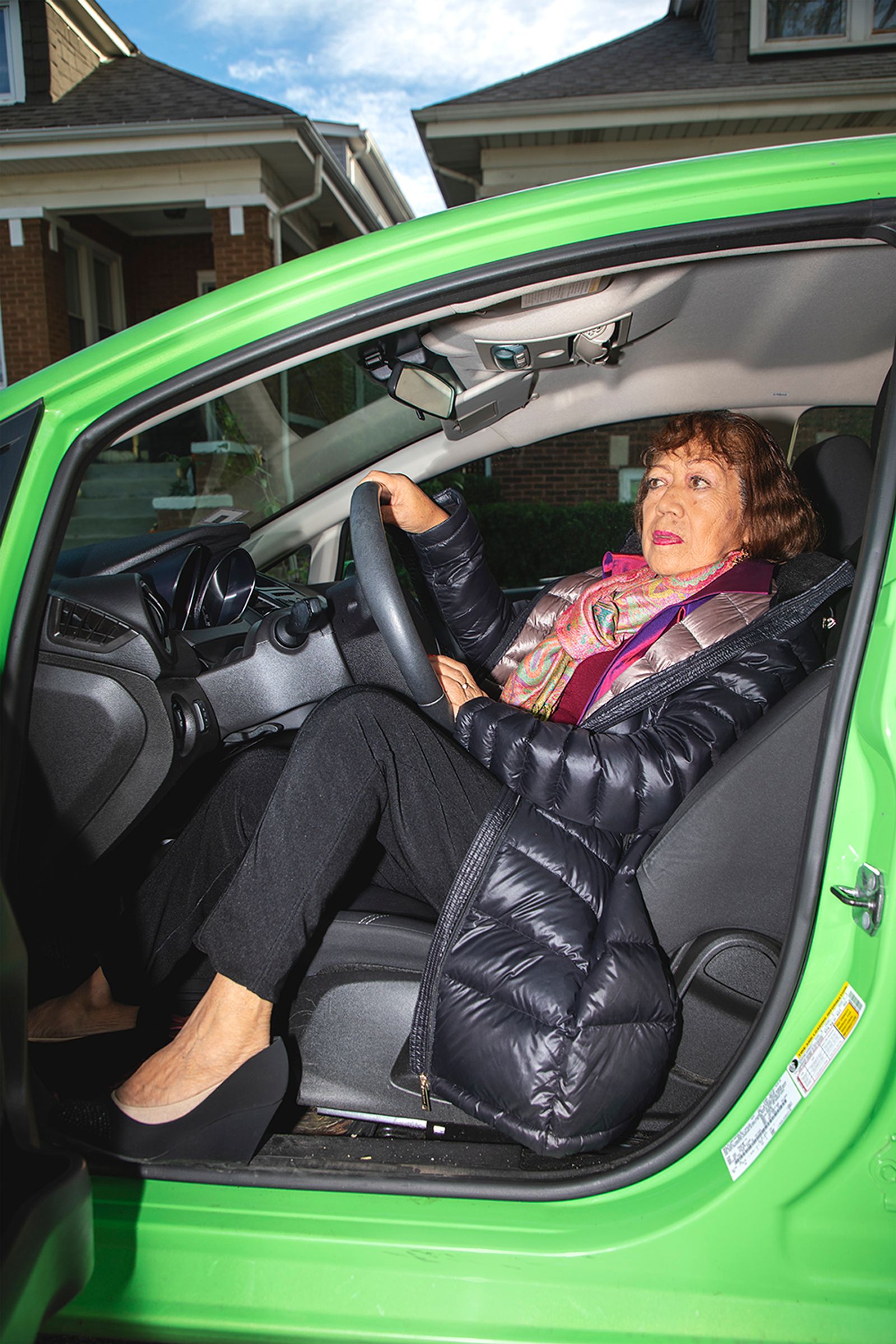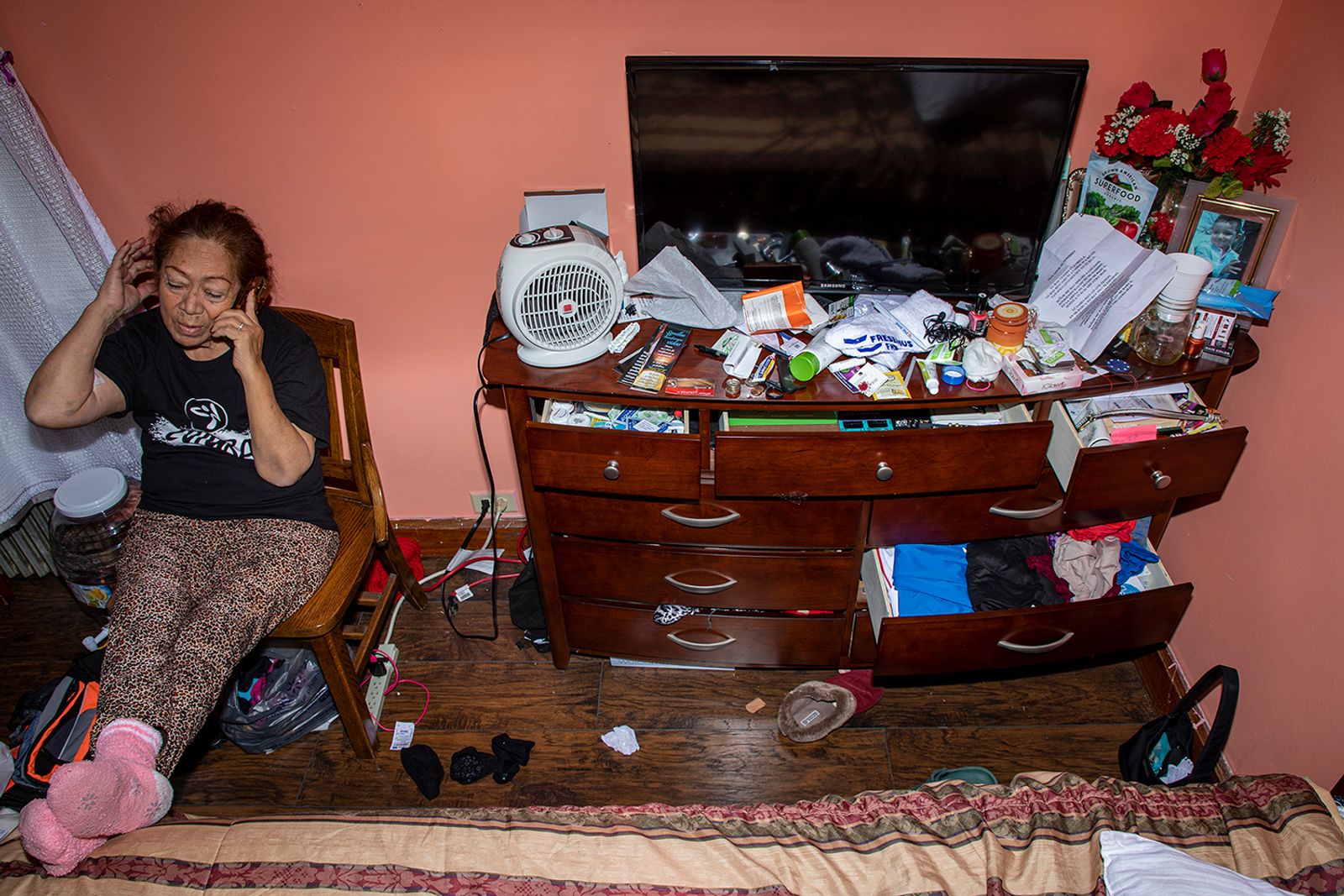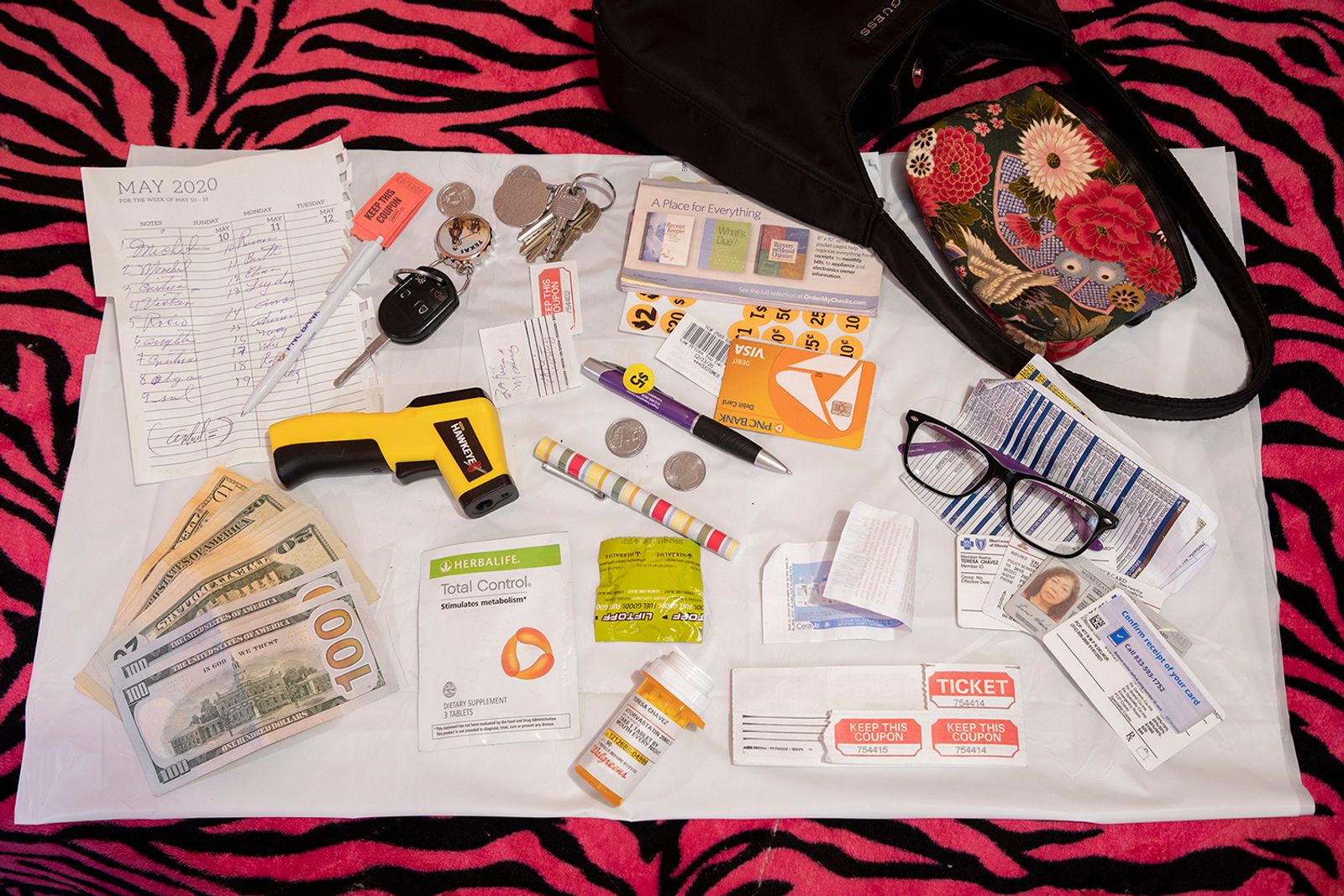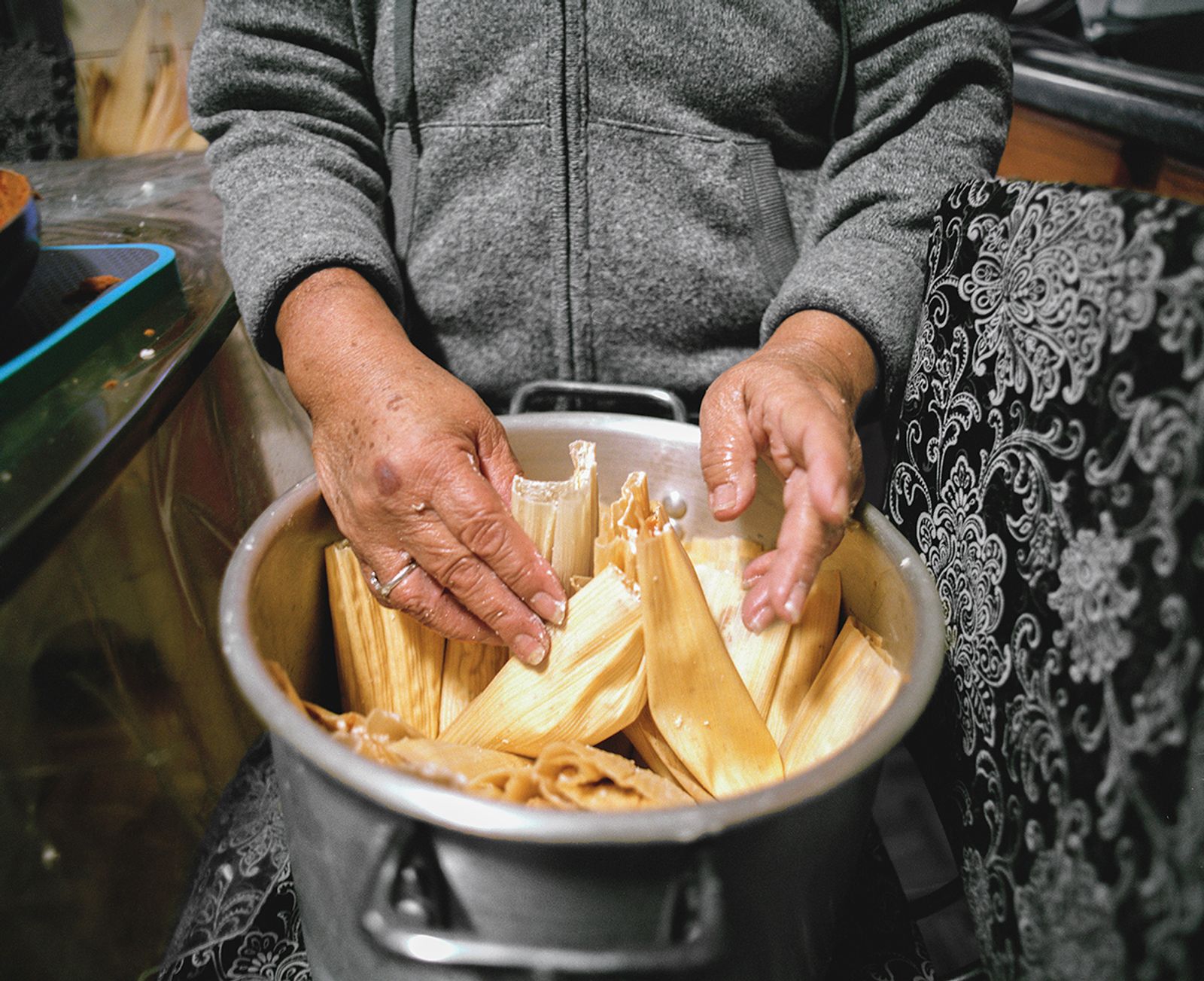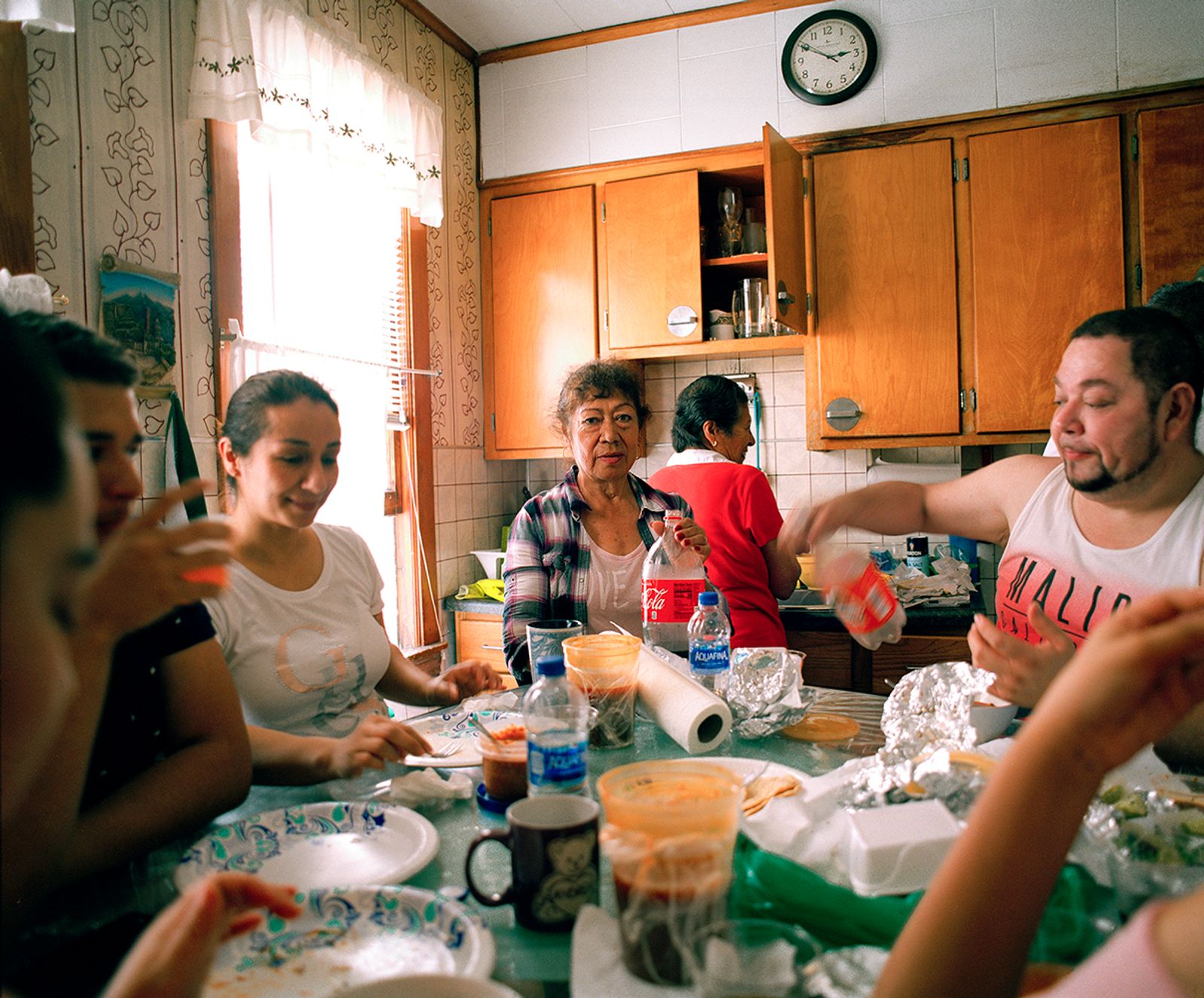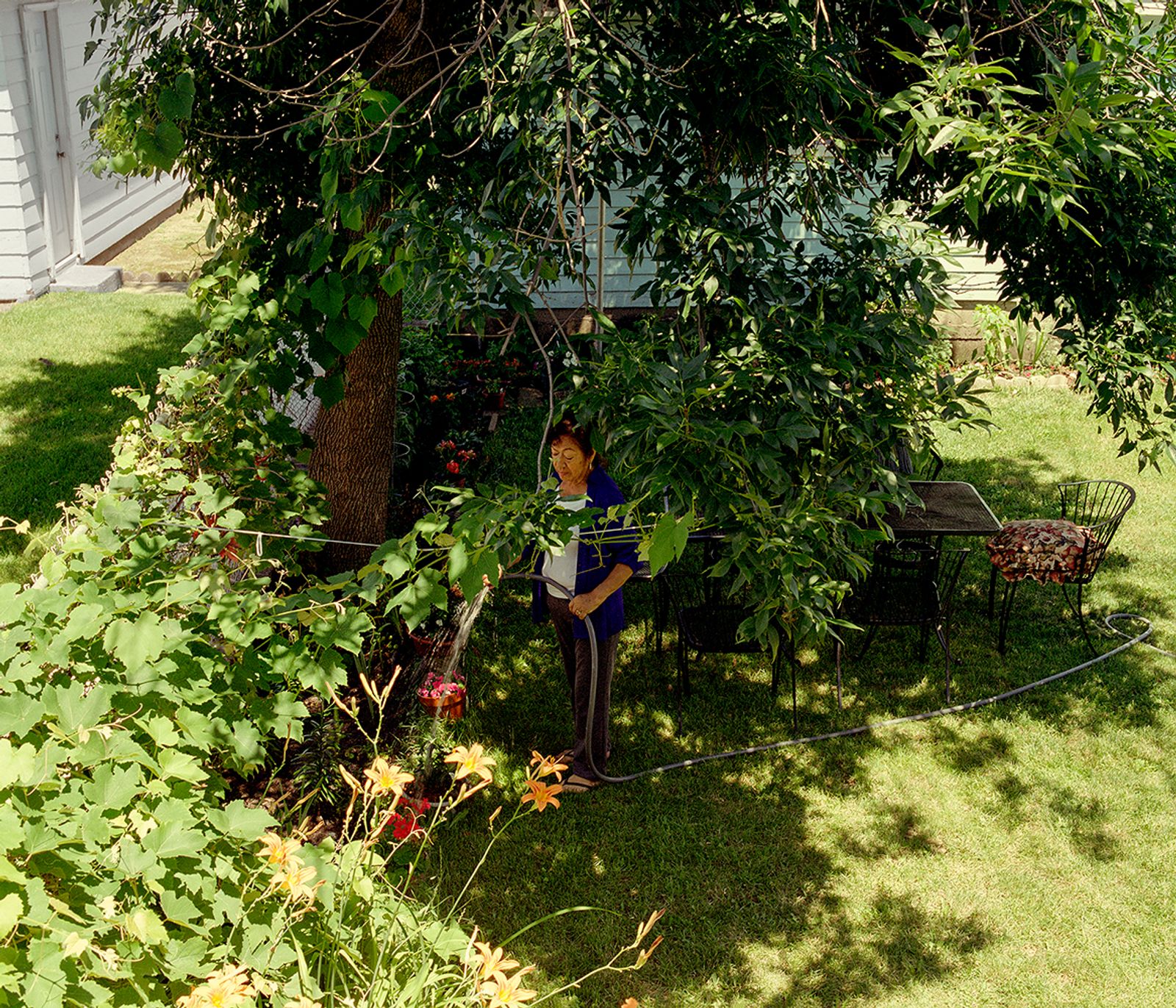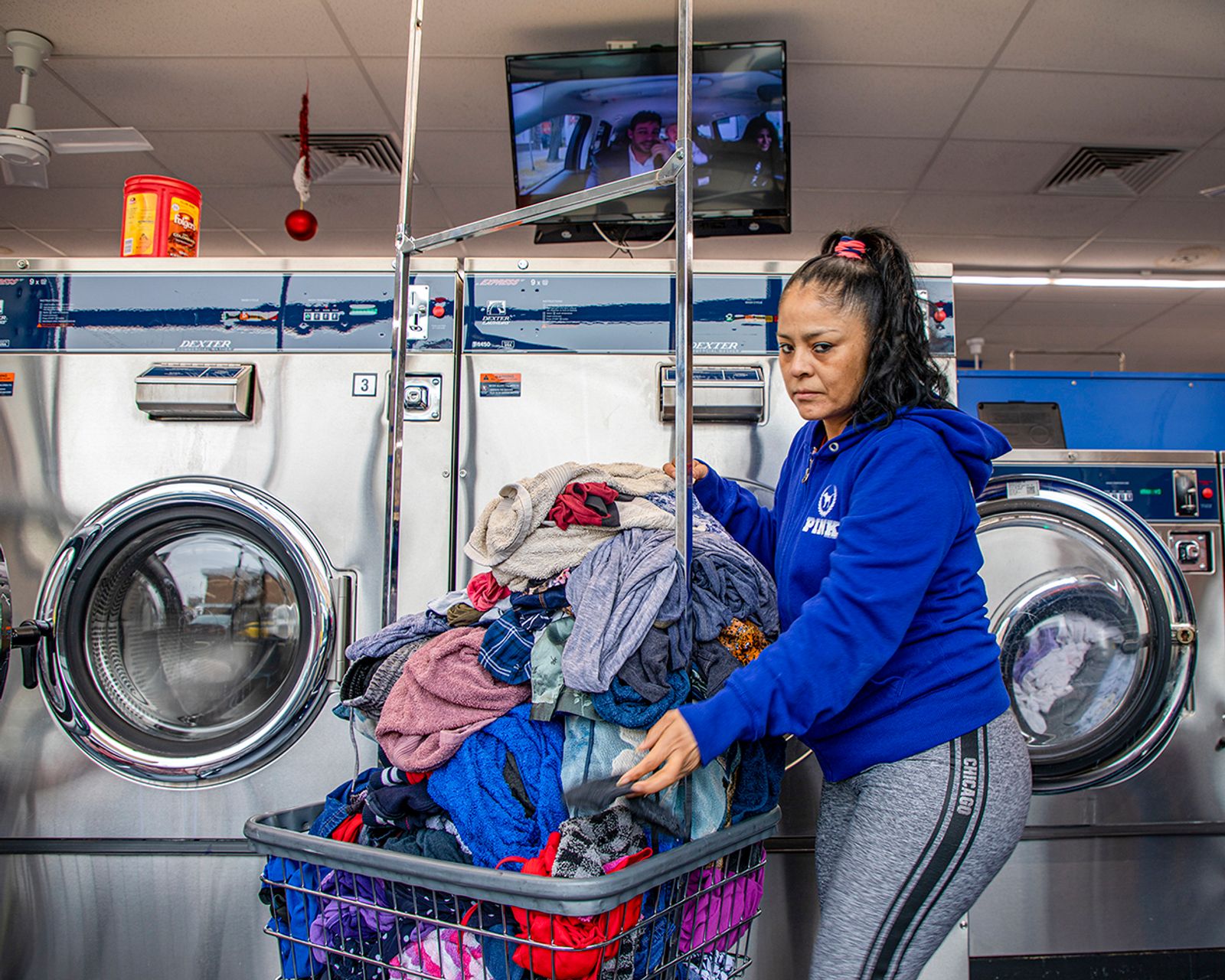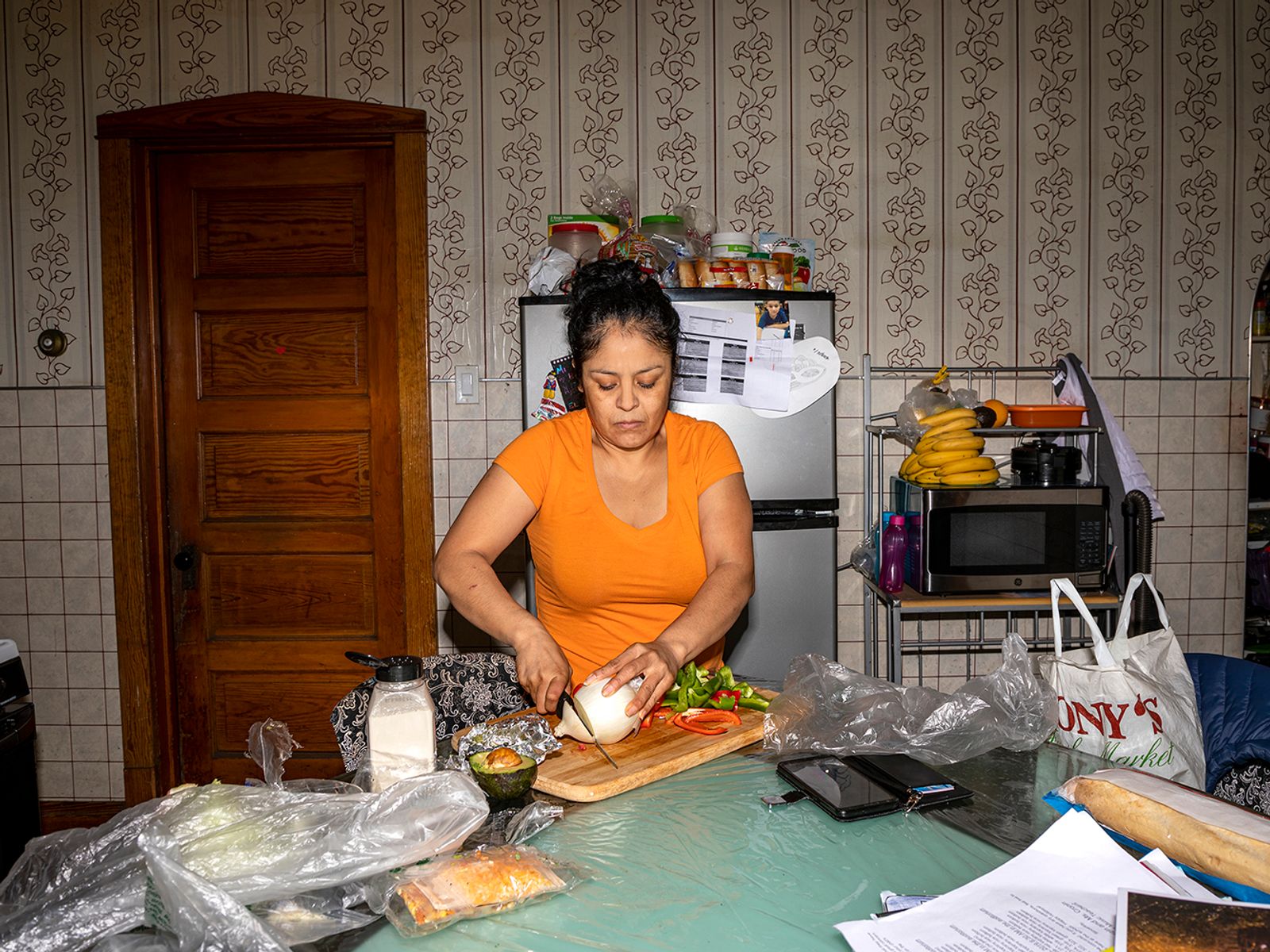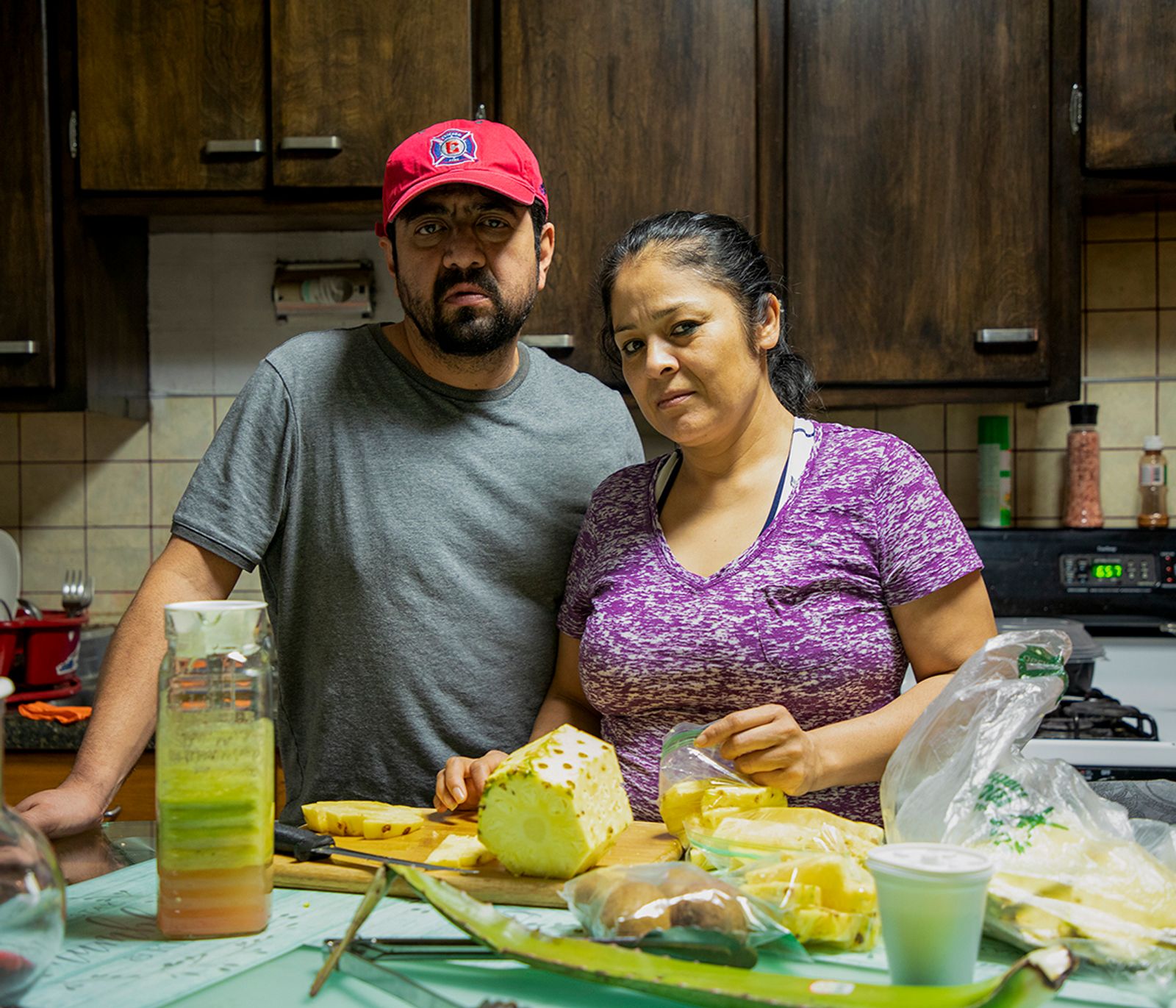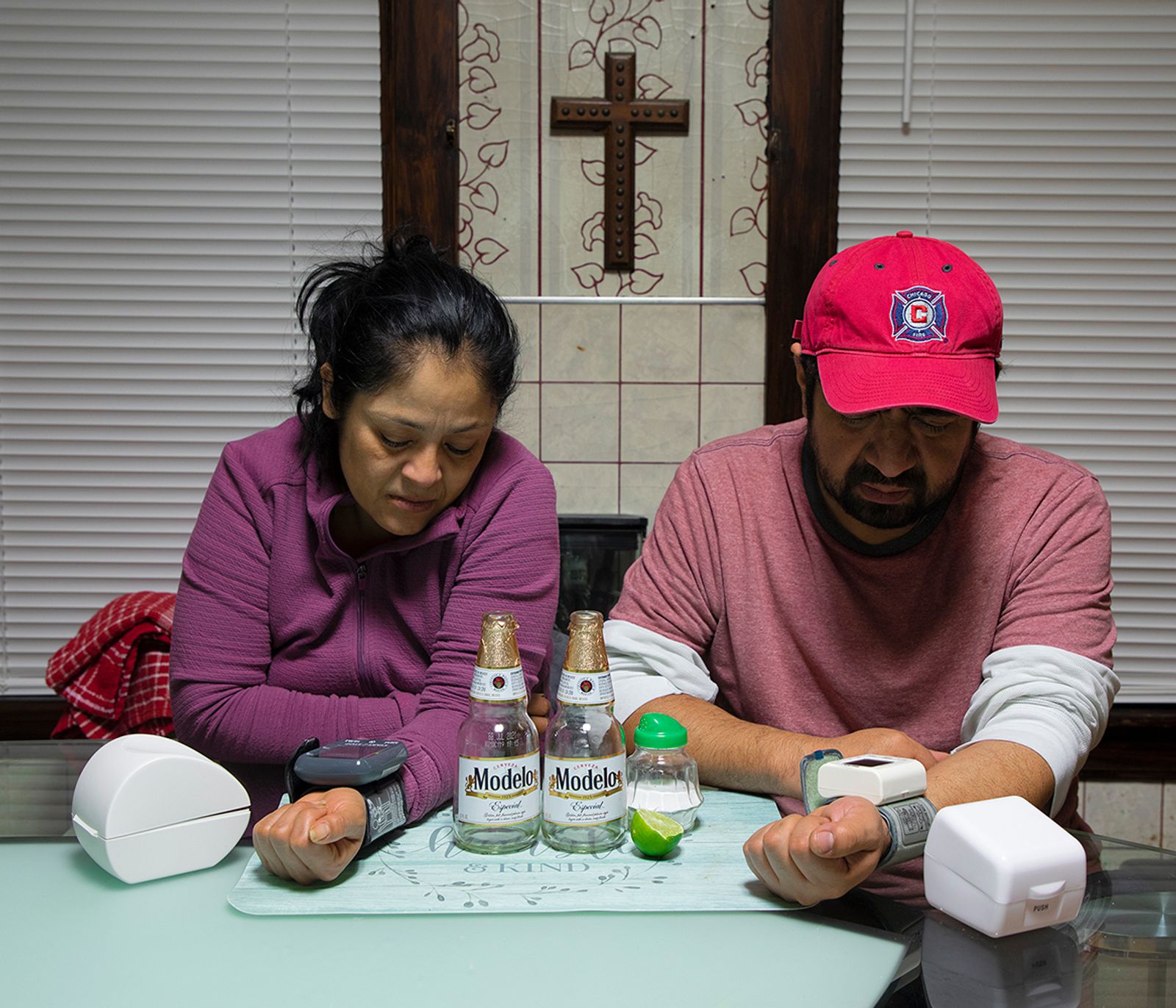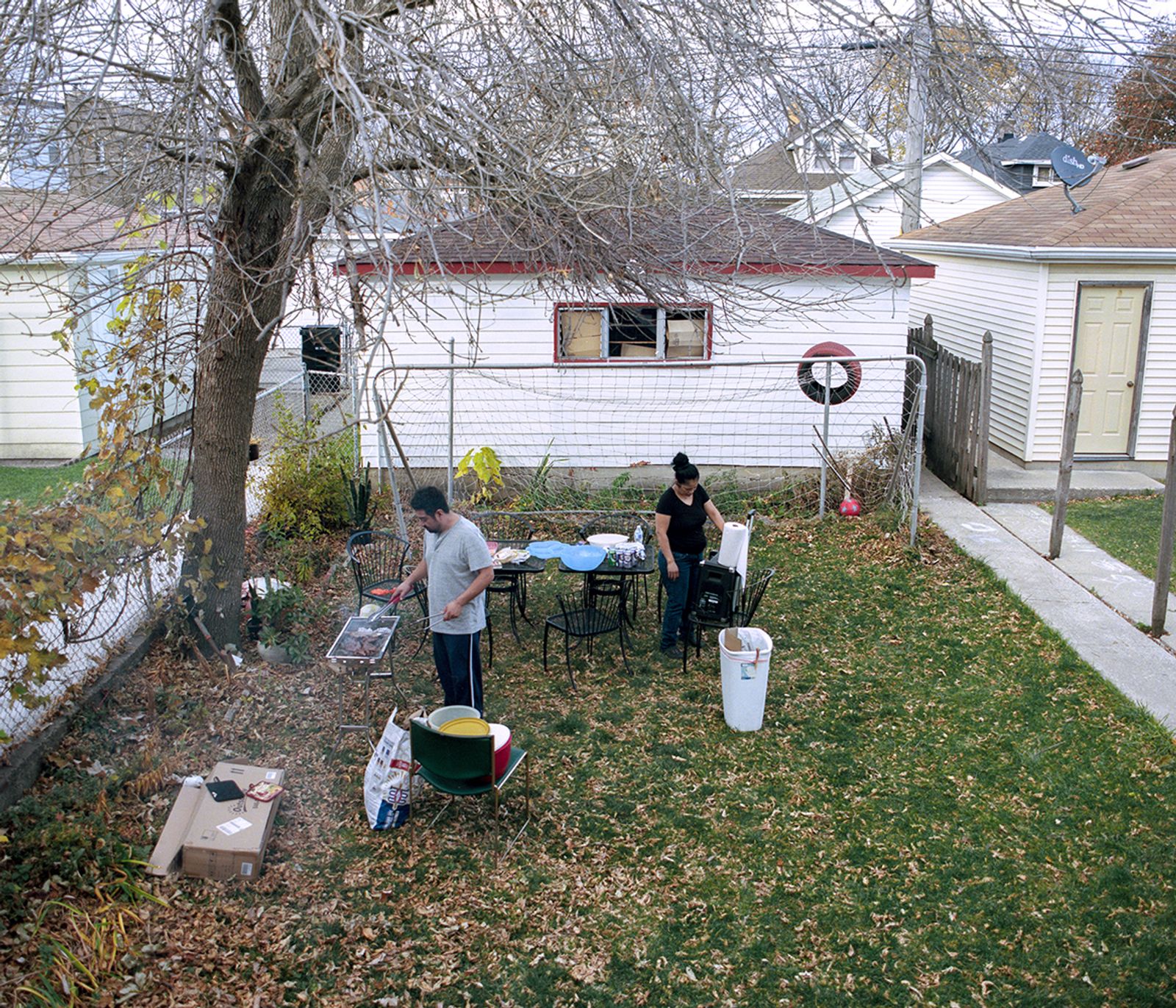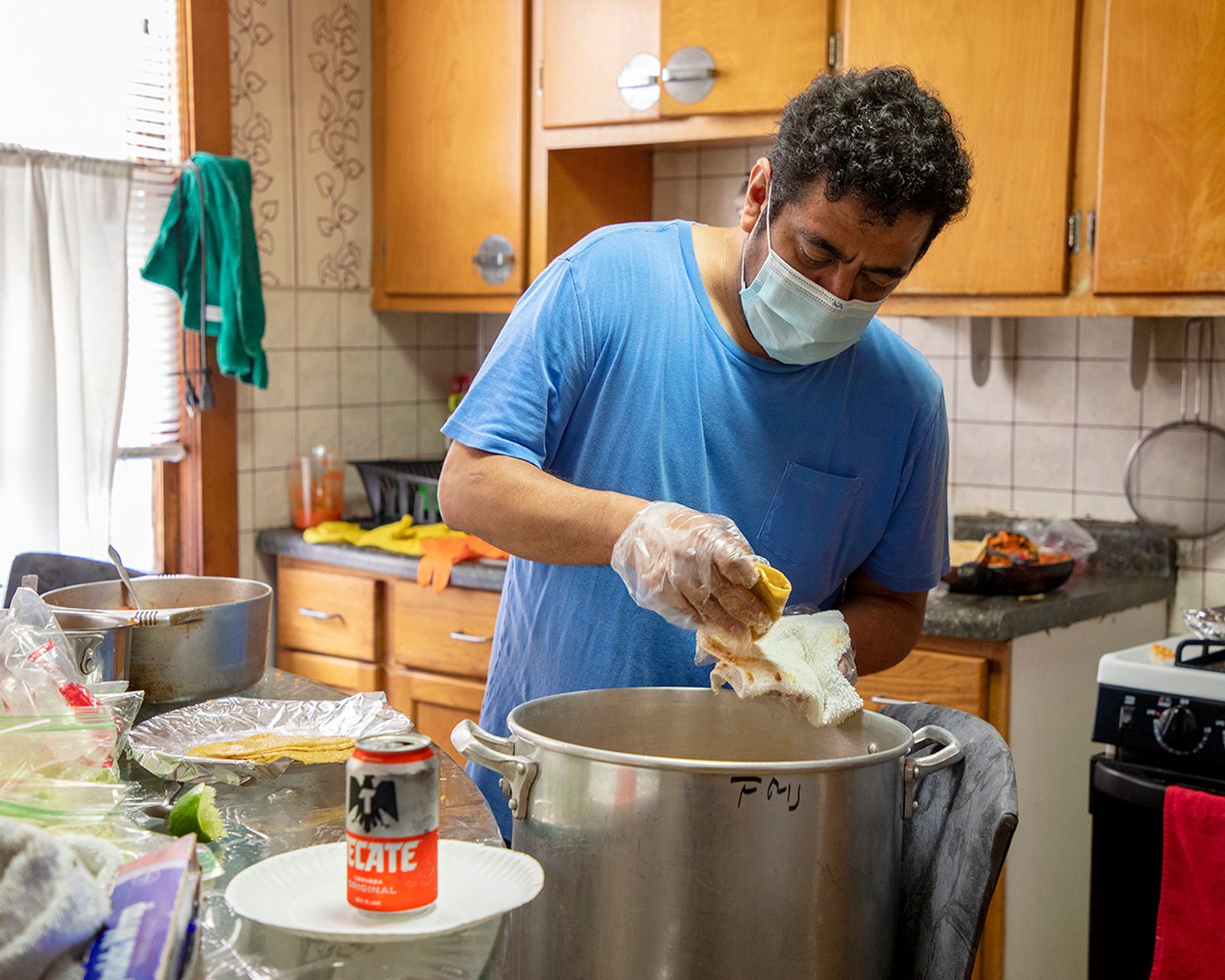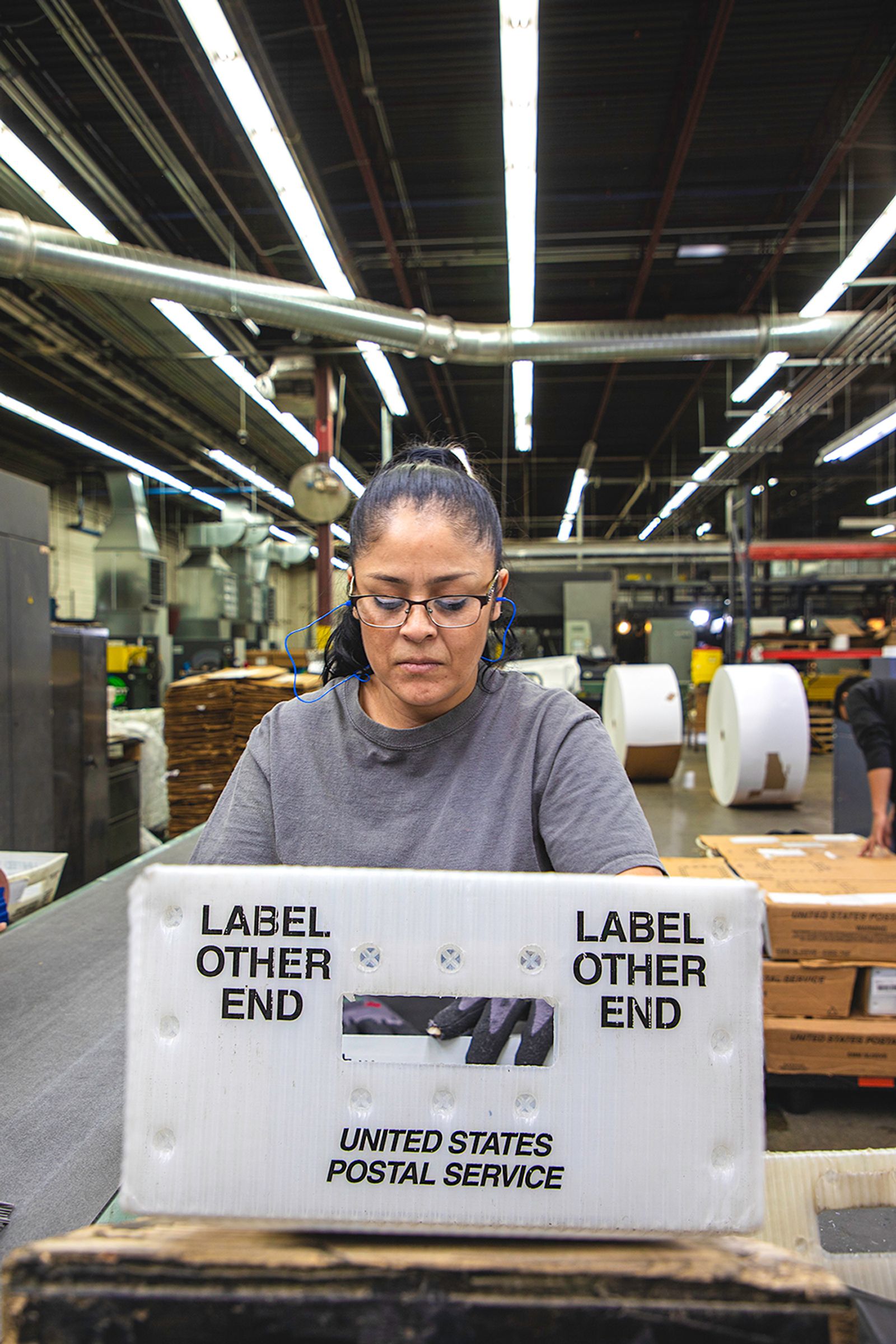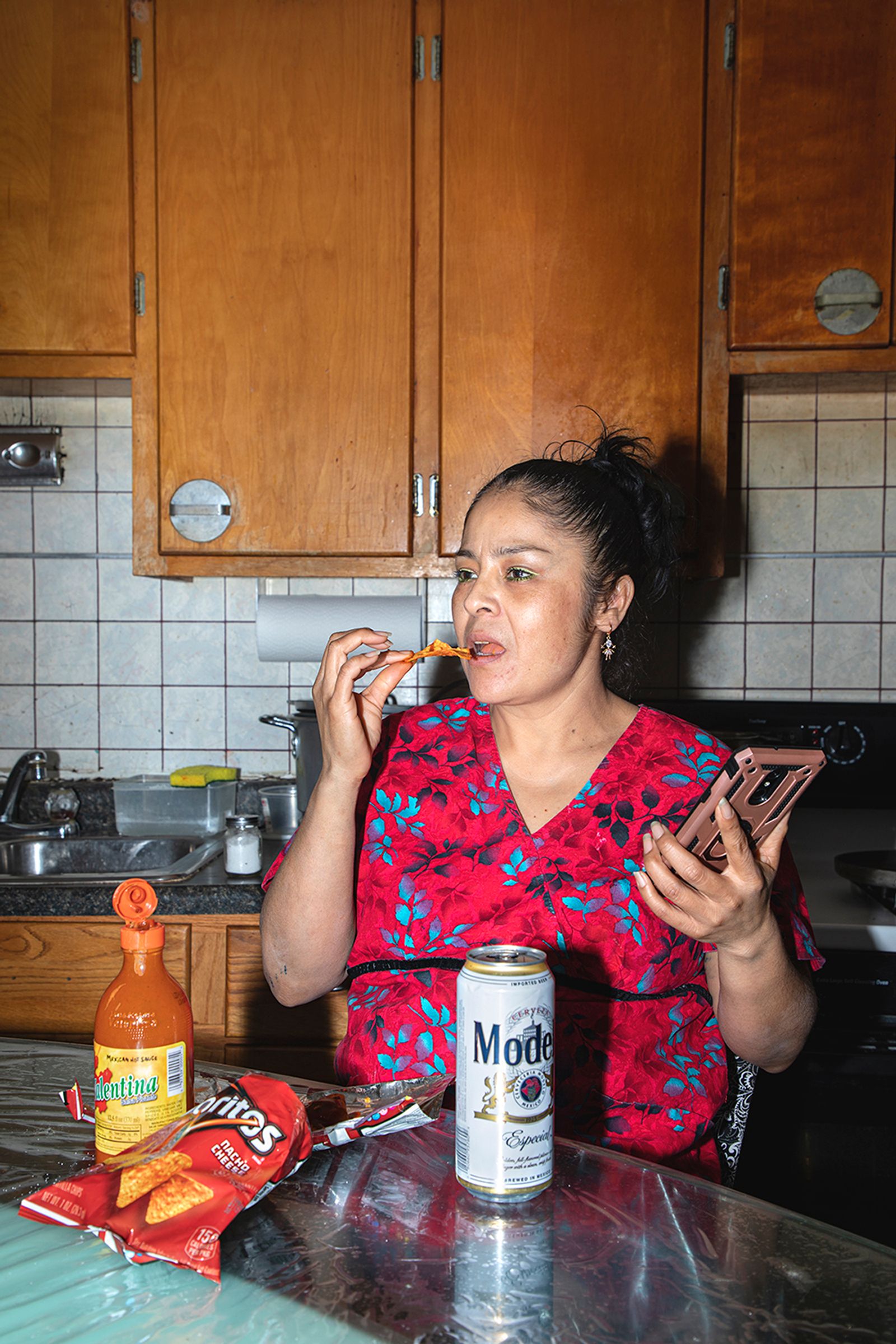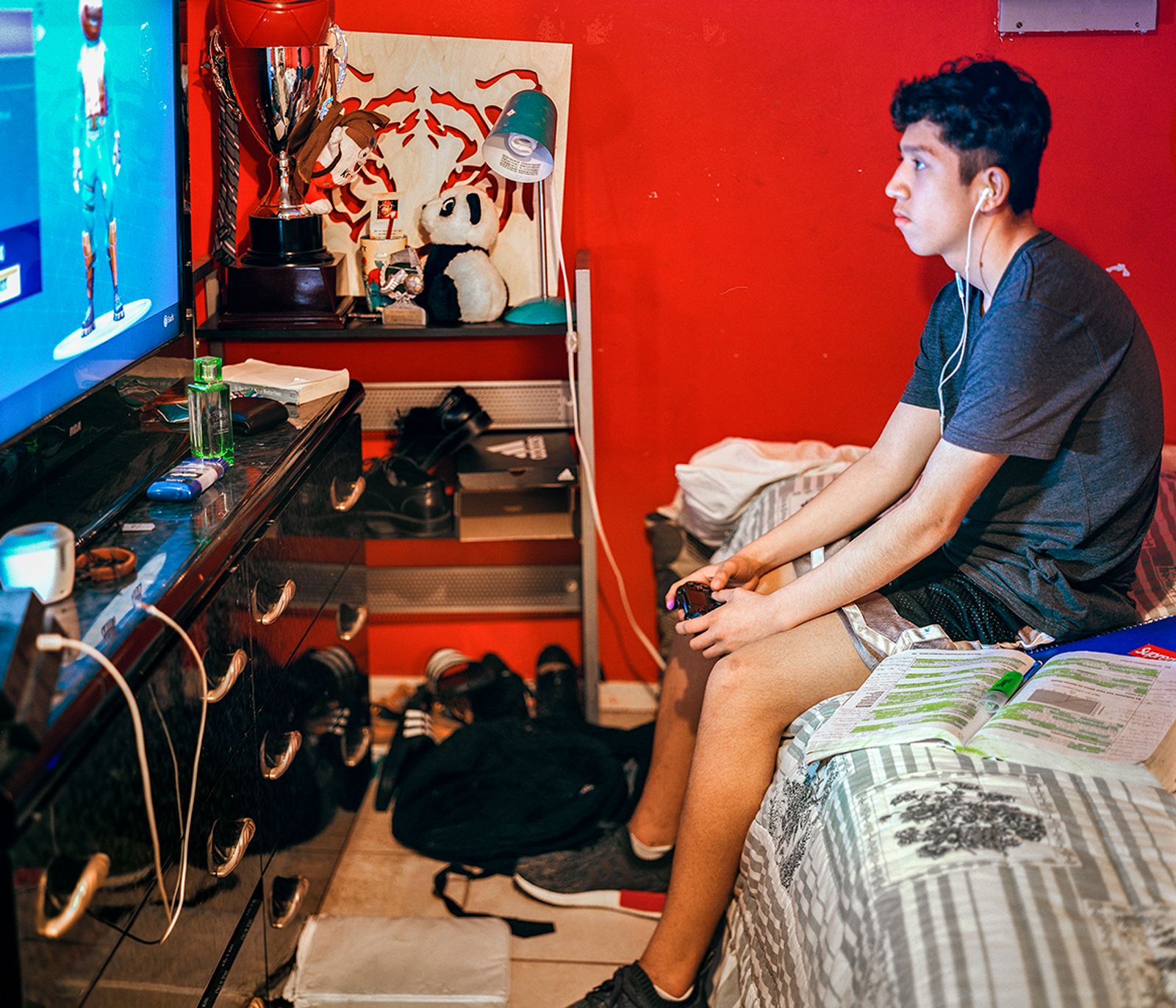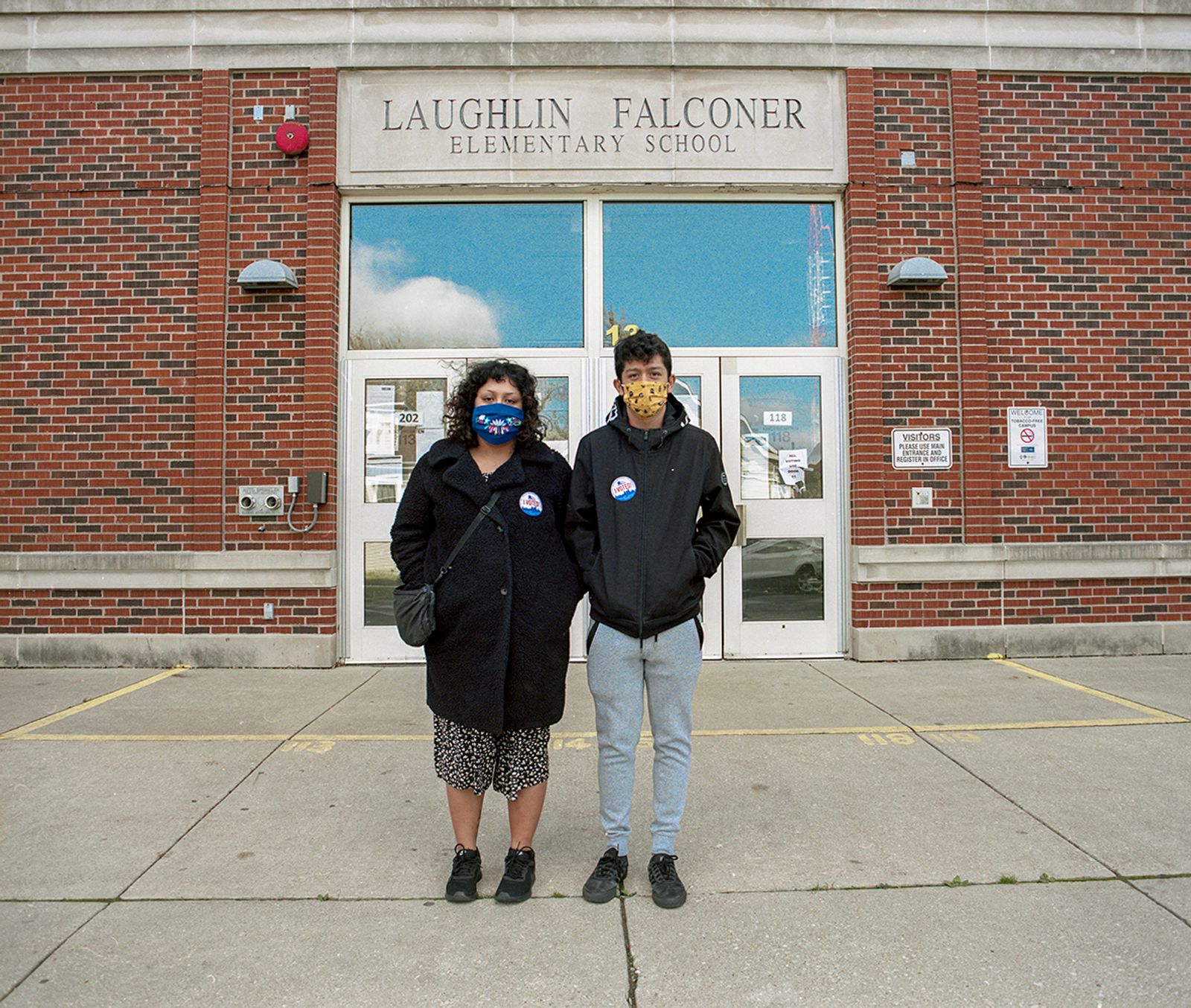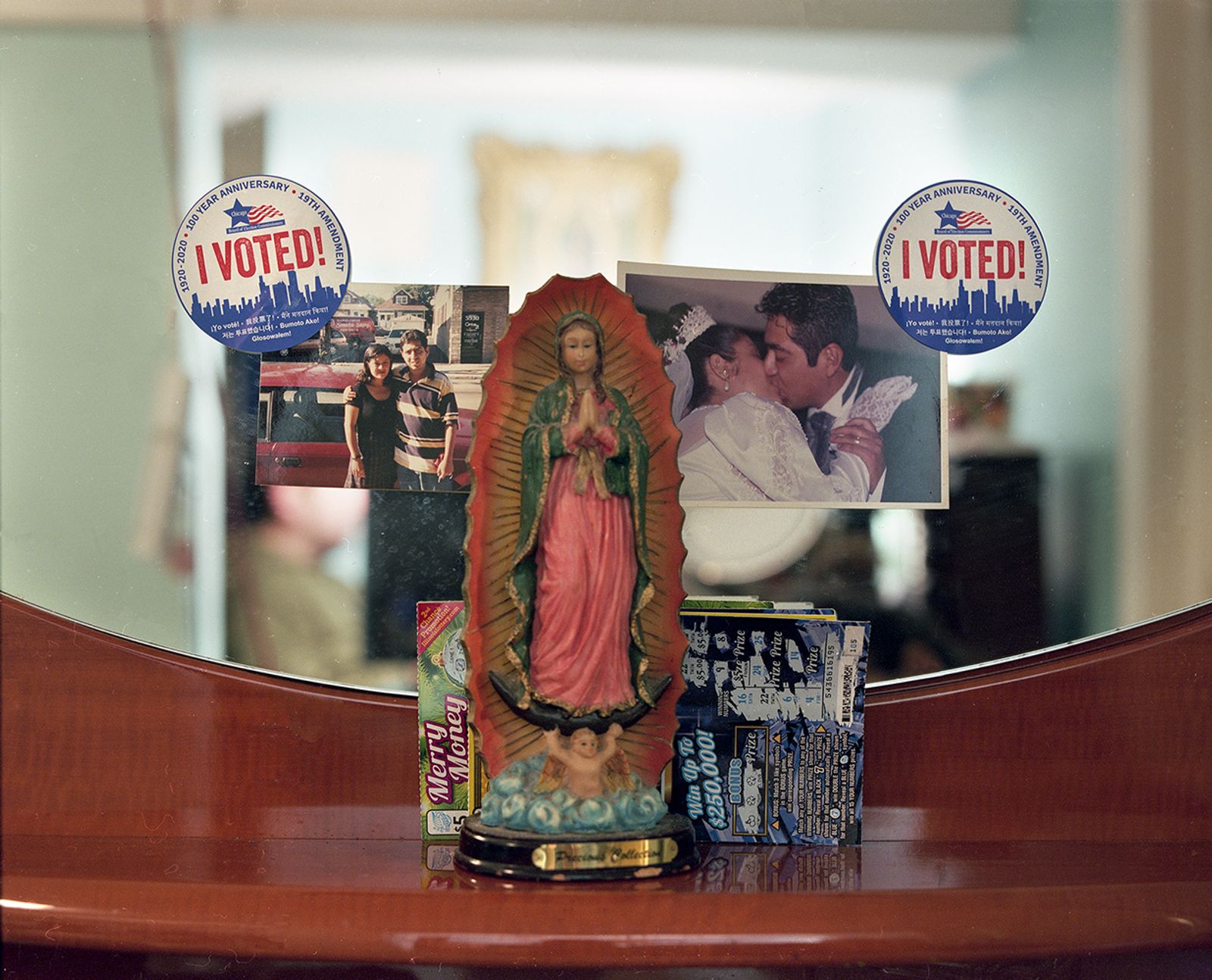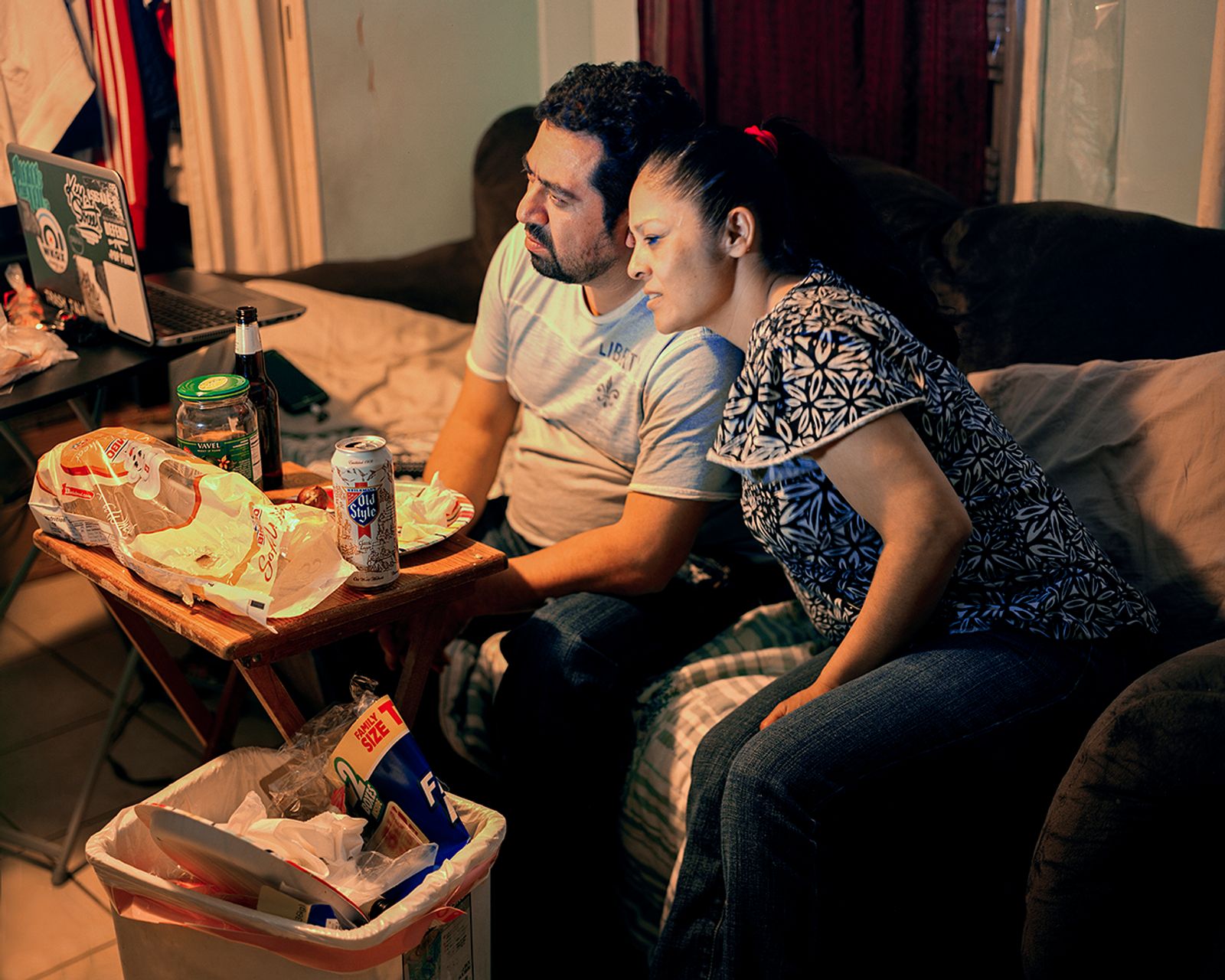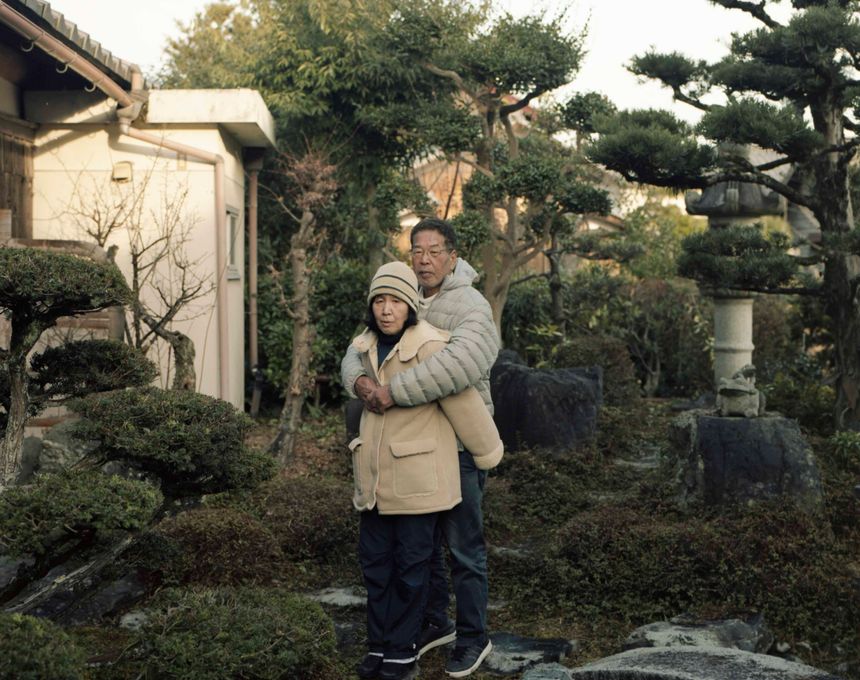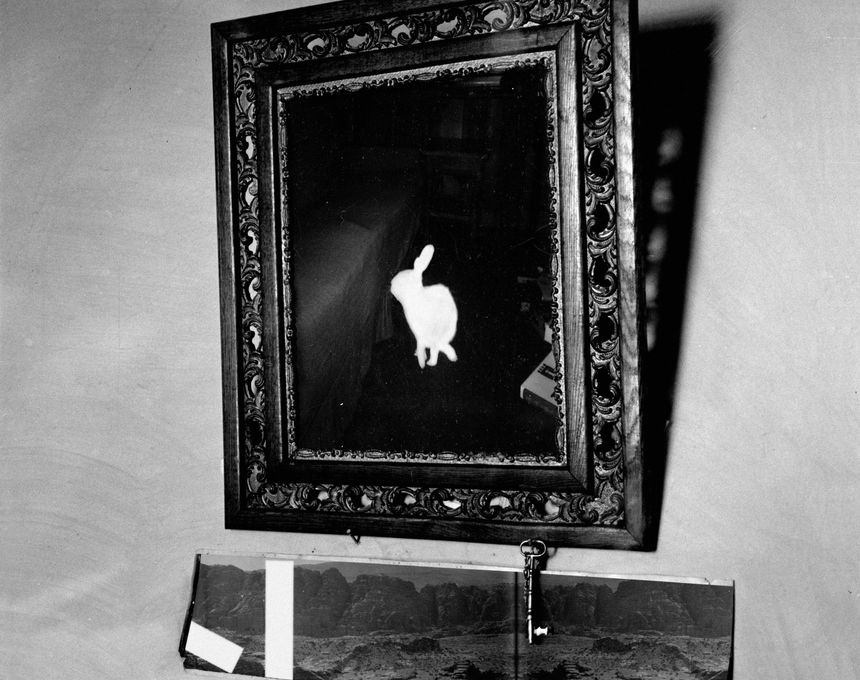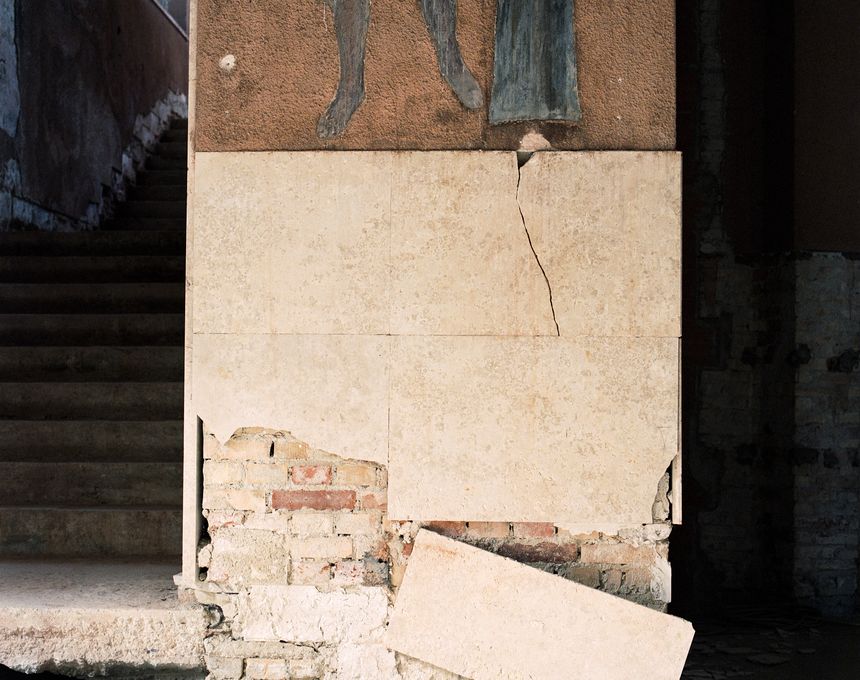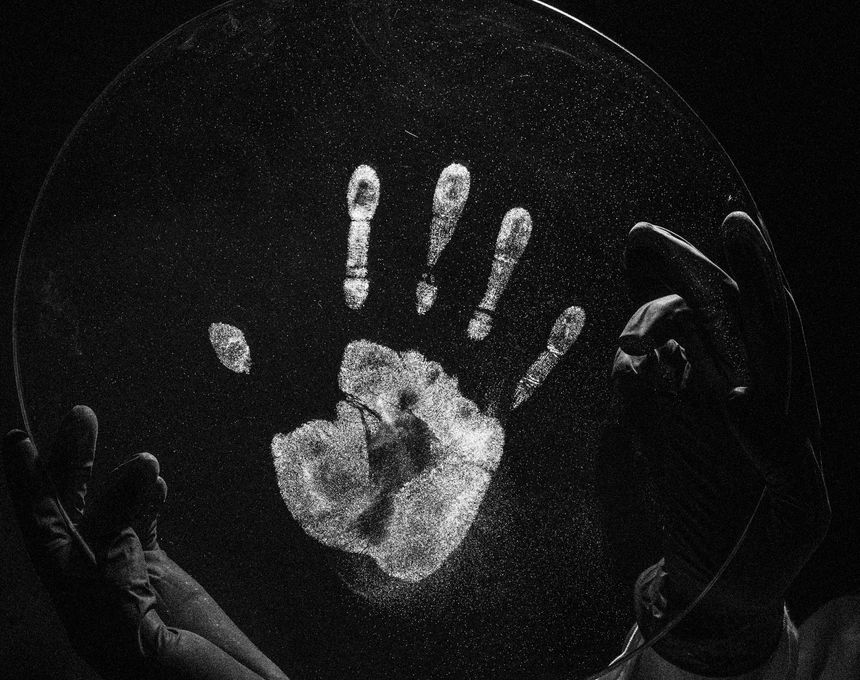"Sí, se puede" / "Yes, it can be done"
-
Dates2018 - Ongoing
-
Author
- Locations Chicago, Monterrey
"Sí, se puede" / "Yes, it can be done" is a photography project based on the history and experience of my immigrant parents and grandmother’s labor and migration in the United States. This project is ongoing and will be a continuous dialogue to understand how hard-working immigrant parents pour their heart, sweat, and tears into securing a better future for their children in America. As a child of Mexican immigrant parents—both factory workers—my sense of home and identity has always been in flux. My photographic work explores my identity as a Mexican-American woman, ni de aquí, ni allá (neither from here nor there). I am curious about how race, ethnicity, geography, gender, and class contribute to American society and its understanding of itself. I have focused on documenting my undocumented grandmother's life, going through dialysis due to Chronic Kidney Disease for ten years. I research and document the history and experience of my immigrant parents' migration and labor in the United States. I am engrossed in how color, environmental portraiture, and still lives evoke a different perspective into an immigrant family’s life facing generational trauma and magnification of themselves. These photographs are carefully staged and candid as each gesture and composition symbolizes a narrative about culture, transnational identity, and belonging in the United States.
My grandmother, who was the first to migrate to the United States, influenced my parents to stay in Chicago when they found out my mother was pregnant with me. They knew that if I were born in the United States, it meant that I would have the opportunity to have more options, academically and financially, than they ever did in México. This decision made by thousands of immigrants speaks to desire, opportunity, and the daily struggle to dream and survive. Like other immigrants, my parents work endlessly to provide a better life for their family in the U.S. When the U.S. rejects Latinx migrants, restricts their participation in society, and spreads accusations that Latin America (México, in particular) is to blame for the economic woes experienced by American citizens, I feel an acute responsibility to respond through my work.
As a Mexican-American photographer, I feel it is essential to illustrate the cultural and significant material of Mexican-Americans' everyday life in the Midwest/United States. During my photographic process, I think of our family responsibilities and what keeps the family closer together. I then think of my father, who works at a factory to pay for our family’s house, utilities, and food. I think of my mother, who works seven days a week to help my father with the bills. I think of my brother, who stays up doing his homework every night to succeed. I think of my grandmother, who is ill yet helps with cooking to feed my family since both parents are not there to cook and share a meal. I think of myself pursuing higher education to obtain a high paying job to return everything that my family has done for me and each other. In the end, our labor, traditions, and love bring us closer than ever. I believe that the Mexican blood in us brought that mentality of endlessly working hard, mainly when both my parents migrated to the United States pursuing this concept of the “American Dream.” Their contribution to my photographic projects is essential and inspires me to create these visual dialogues showcasing a breathing representation of domestic spaces, familial histories, and homage to the endless tradition of labor. As my parents always stressed to me while growing up and attending protests for immigrant worker rights, “Sí se puede” (Yes, it can be done.).
